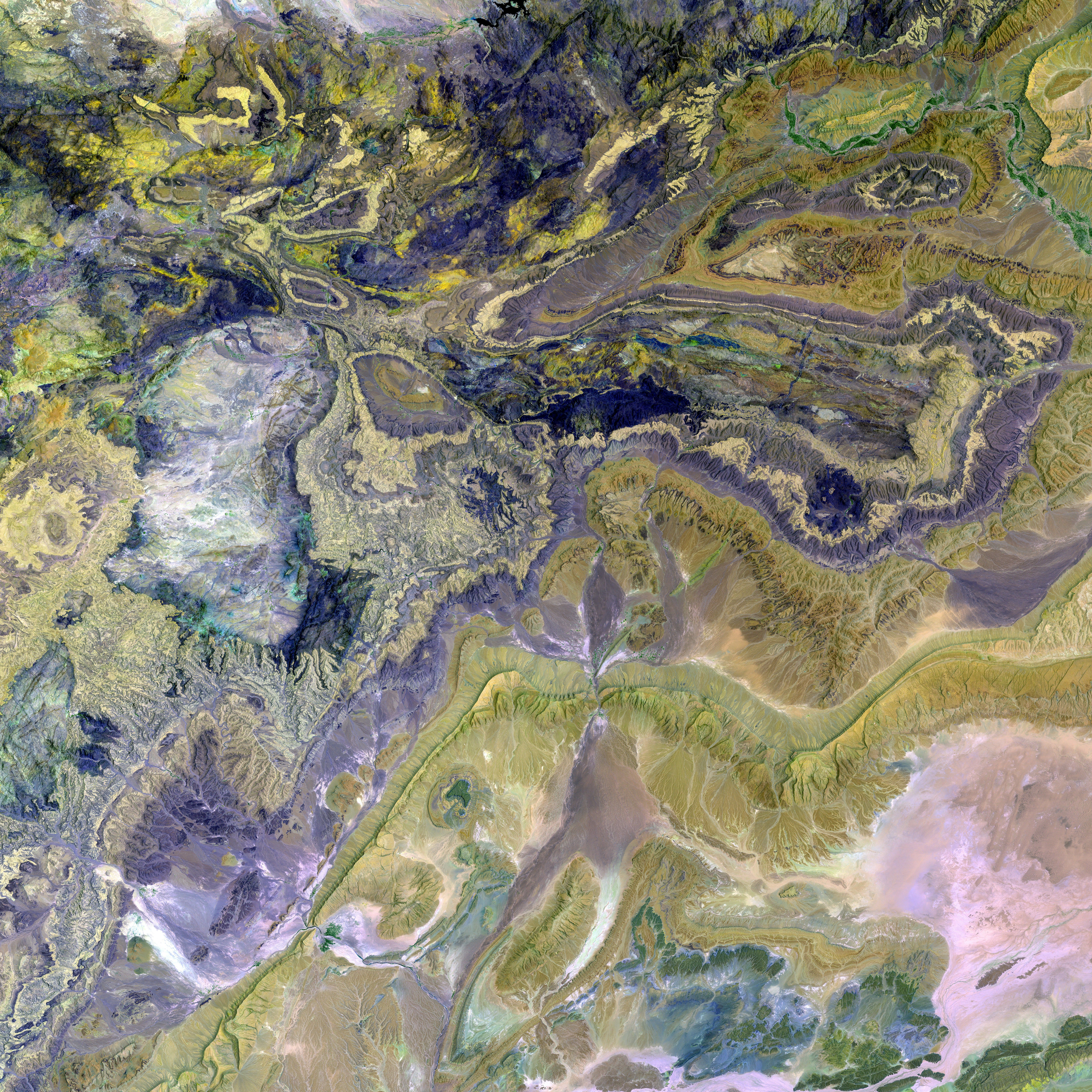Escalating hostilities between India and Pakistan: A potential confrontation between two nuclear-armed nations?
In the heart of the night, an intense firefight between Indian and Pakistani forces unfolded along their border. Could this be the start of a war between these age-old adversaries? Reports indicate that Pakistan's military believes India is planning an attack. As a result, some civilians are constructing bomb shelters. The strain between New Delhi and Islamabad has been at its breaking point since a horrific attack in Indian Kashmir a week prior. This attack claimed the lives of 26 innocent victims in a region both countries have laid claim to since their separation in 1947.
Narendra Modi and the Political Scene
India alleges their neighbor's support of terrorist organizations and their role in the attack. Citizens of India's capital support a military response. Meanwhile, Indian officials mention the possibility of a water war. The life-giving river that traverses through Pakistan originates in India. The country has threatened to halt its flow. A direct conflict would also serve the political interests of Indian Prime Minister Narendra Modi. As Rajesh Kumar, a political analyst, points out, "If Modi does not respond harshly against the terrorist group operating from Pakistan, he risks losing the trust of the people who back him in India."
Take a closer look at the details of the conflict in the video above
Notes:- The border skirmish occurred due to a terrorist attack on tourists in Pahalgam, Jammu and Kashmir, resulting in the deaths of 26 people. (Overview of the Conflict)- Both countries possess nuclear weapons, increasing the risk of an escalated conflict. (Potential for War)- Modi's government may benefit politically by handling the situation with firmness but risks public backlash if it leads to significant casualties or political instability. (Electoral Implications for Narendra Modi)
Enrichment:- The attack and subsequent border skirmishes have led to a significant deterioration in bilateral relations, marking an unprecedented breakdown of the post-1971 framework that has governed India-Pakistan relations. (Diplomatic Developments)- The persistence of border skirmishes and the suspension of key diplomatic agreements indicate that the situation remains volatile, despite neither side declaring intentions for a full-scale war. (Potential for War)- If effectively managed, the current tensions could further consolidate Modi's position by projecting him as a strong leader on national security issues. On the other hand, mismanagement or perceived weakness could undermine his electoral prospects. (Electoral Implications for Narendra Modi)
- The conflict in Kashmir, escalated by a terrorist attack a week prior, has led to an intense firefight between Indian and Pakistani forces along their border.
- India accuses Pakistan of supporting terrorist organizations, with citizens in India's capital advocating for a military response.
- Indian officials hint at the possibility of a water war, threatening to halt the flow of the river that traverses through Pakistan.
- Narendra Modi, Indian Prime Minister, risks losing public trust if he does not respond harshly to the terrorist group operating from Pakistan, according to political analyst Rajesh Kumar.








